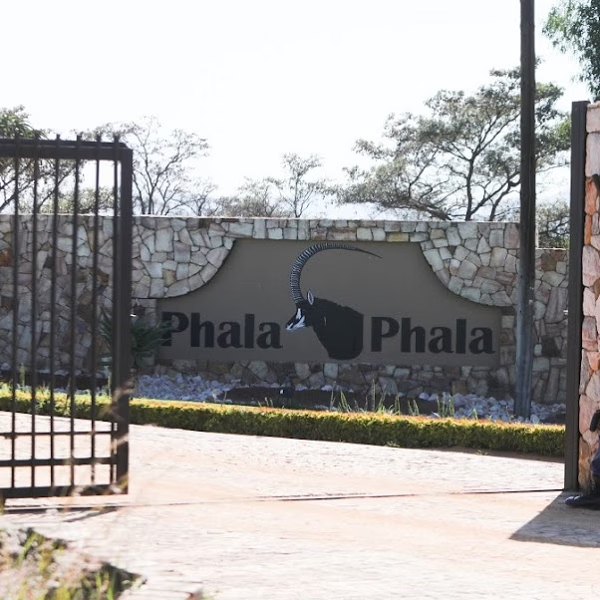The courtroom in South Africa has become the stage for a scandal that once shook the highest office in the land. On Monday, three people appeared before the court charged with housebreaking and the theft of 580,000 United States dollars, allegedly discovered hidden inside a couch at President Cyril Ramaphosa’s game farm.
A Case That Nearly Cost a Presidency
The alleged burglary took place in February 2020 at the Phala Phala game and livestock farm in Limpopo province, but the public only became aware of it two years later. The long silence prompted serious accusations that President Ramaphosa had deliberately sought to conceal the matter. Opponents accused him of tax evasion, money laundering and violations of foreign currency laws.
Ramaphosa’s Explanation
Ramaphosa maintained that the money came from a legitimate sale of animals at his farm. What he did not provide, however, was a clear explanation as to why such a large sum was hidden in a piece of furniture. He rejected claims that he sought to cover up the burglary, insisting that he had informed the head of his police protection unit.
The Spy Boss and the Allegations
The case first reached the public when Arthur Fraser, the former director-general of the State Security Agency, lodged a criminal complaint in June 2022. Fraser alleged that Ramaphosa had concealed as much as 4 million United States dollars in the couch. He further accused the president of using his personal police security team to track down the thieves and silence them through bribery.
Fraser asserted that he handed “supporting evidence” to the authorities, including photographs, videos and bank account details. The amount he cited was sharply disputed by both Ramaphosa and law enforcement.
Fraser’s involvement added further intrigue, as he is aligned with former president Jacob Zuma. Zuma, who resigned in 2018 under a cloud of corruption allegations, has remained one of Ramaphosa’s fiercest critics. The suggestion that a Zuma ally helped bring the affair into the open sparked questions about political motivations behind the revelation.
The Accused
The three defendants — identified as Imanuwela David, Ndilinasho Joseph and his sister, Froliana Joseph — face charges of housebreaking, conspiracy to commit housebreaking and theft. In addition, David has been charged with money laundering.
All three pleaded not guilty as the trial commenced. The proceedings have been delayed on several occasions, notably to allow Froliana Joseph to give birth. Prosecutors anticipate the trial will last three weeks, during which 20 witnesses are expected to testify, including staff members from Ramaphosa’s farm.
A Political Backdrop
The case reverberates beyond the courtroom. Ramaphosa was re-elected for a second term in 2024, but only after his African National Congress lost its parliamentary majority for the first time in three decades. Forced to form a coalition government, Ramaphosa’s political position is less secure than in his first term.
The trial has therefore taken on heightened significance. It may not directly implicate the president, but every revelation is likely to be scrutinised for what it says about his judgment, accountability and political resilience.
The Questions That Remain
Why was such a large sum of foreign cash concealed in furniture at the farm? Did Ramaphosa act transparently in reporting the theft? Were political motives involved in the timing of the disclosure?
These are among the questions that will hang over the courtroom as witnesses take the stand. For Ramaphosa, who once positioned himself as the champion of clean governance, the stakes are as much about credibility as they are about legality.

















